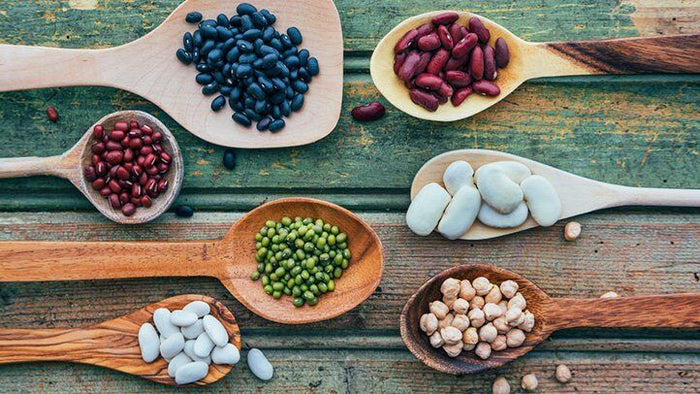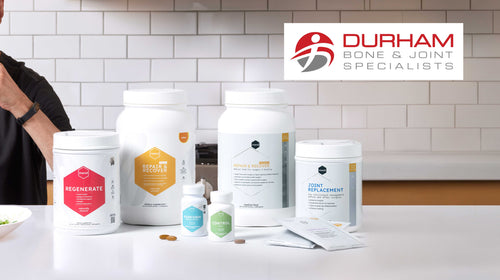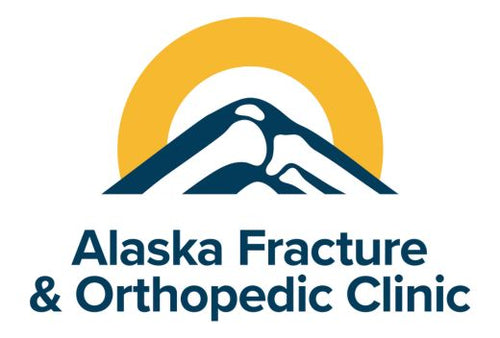The human body functions like a well-oiled machine with the help of many vitamins and minerals. Zinc, a mineral, plays an especially important role throughout the entire body. In fact, there are over 3000 proteins in humans that contain zinc and the mineral can be found in muscles, bones, skin, and many individual organs. Zinc is vital and without it, many body functions would suffer.
At the cellular level, zinc is involved in cell division, cell growth, and the breakdown of carbohydrates, which the body uses as fuel. Given these jobs, zinc is particularly important for individuals with growth and development needs. Populations with the highest requirements for zinc are pregnant women, infants, children, and seniors. When it comes to more recognizable functions, zinc is needed to help with the senses of smell and taste, and it is most well known for its ability to ward off colds. Research shows that zinc taken for at least five months can prevent the common cold – and that taking zinc within 24 hours of feeling cold symptoms can shorten the length of a cold.
Beyond these unique capabilities, zinc is also critical for individuals after surgery because it helps with recovery and wound healing. The existing body of research on zinc shows the mineral to be beneficial in the four stages of wound healing: hemostasis (blood clotting), inflammation, proliferation, and remodeling. During blood clotting, which happens in the first few minutes after trauma, zinc activates platelets which then call immune cells to the injury site for further assistance.

During inflammation, the next stage of healing which lasts a few days after injury, zinc is needed to bring in specialized immune cells called neutrophils and macrophages. These cells are the first line of defense and have the ability to ingest foreign substances and clean up cellular debris. Zinc is also used at this time to signal what type of immune cells should be produced to aid in the healing process (also known as lymphocyte differentiation). Put another way, the absence of zinc makes it more difficult for the body’s immune system to send in the right person for the job at hand.
Finally, during proliferation and remodeling, when the body is rebuilding muscle and skin after surgery, zinc is required for collagen production. Working in tandem with collagen-building enzymes, zinc serves to turn on the proteins that weave collagen fibers. The final stages of wound healing can last weeks or even years, depending on the severity of the trauma. More research is needed to understand all the mechanisms by which zinc is involved in the stages of wound healing, but there is a large body of evidence that shows zinc deficiency leads to weakened immune response and poor wound healing outcomes.
Fortunately, there are multiple ways to meet the daily requirement for zinc, which ranges from 8mg for women and 11mg for men. The best food sources of the mineral are animal proteins, such as beef, lamb, pork and chicken. Vegetarian sources of zinc include nuts, beans, and whole grains. Individuals who are unable to eat a well-rounded diet, and particularly those who follow a vegan or vegetarian diet, may benefit from zinc supplementation. Consuming a varied diet or including a supplement will ensure the body gets enough of this very important mineral.
References:
Zinc in Wound Healing Modulation, Nutrients, Jan 2018



